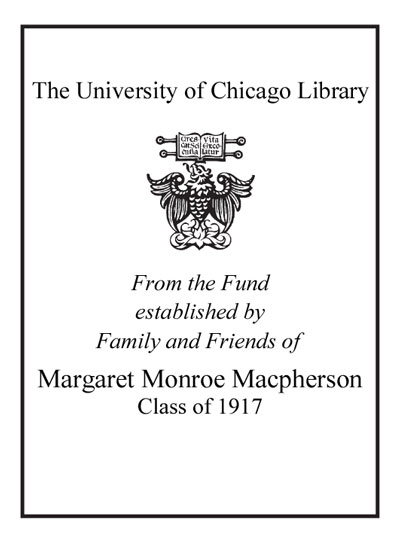| Summary: | "Over the last few decades, debates about policing in poor urban areas have shifted analysing the state's neglect and abandonment to documenting its harsh interventions and punishing presence. Most of this research has focused on the overt actions and inactions. Yet we know very little about the covert world of state action that is hidden from public view. The Ambivalent State offers an unprecedented look into the clandestine relationships between cops and drug dealers in Argentina. Drawing on a unique combination of ethnographic research and documentary evidence, including hundreds of pages of wiretapped phone conversations, sociologists Javier Auyero and Katherine Sobering analyse the inner-workings of "police-criminal collusion" and its connections to drug markets and the depacification of daily life. Through rich descriptions of the actual clandestine interactions between drug dealers and police, they argue that an up-close examination of covert state action exposes the workings of an "ambivalent state": one that enforces the rule of law while at the same time and in the same place functions as a partner to what it defines as criminal behaviour. The Ambivalent State develops a political sociology of violence that focuses not only on takes place in police stations, criminal courts, and poor neighbourhoods, but also the clandestine actions and interactions of police agents, judges, and politicians that structure daily life at the urban margins. By way of empirical demonstration, the book makes an urgent call for scholars to incorporate clandestine action into explanations of the state. Collusion, policing, the state, crime, violence, urban marginality, legal cynicism, Argentina, ethnography"--
|
|---|

